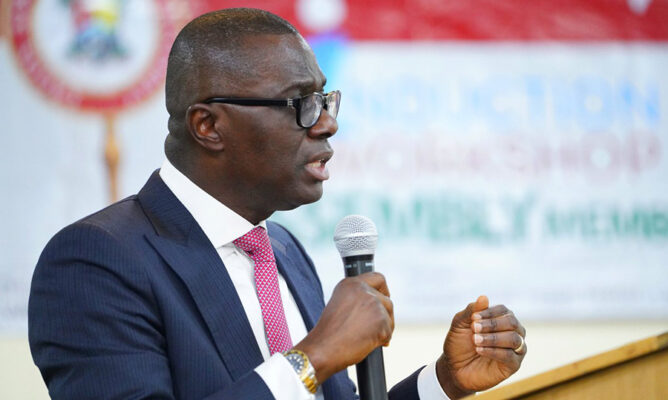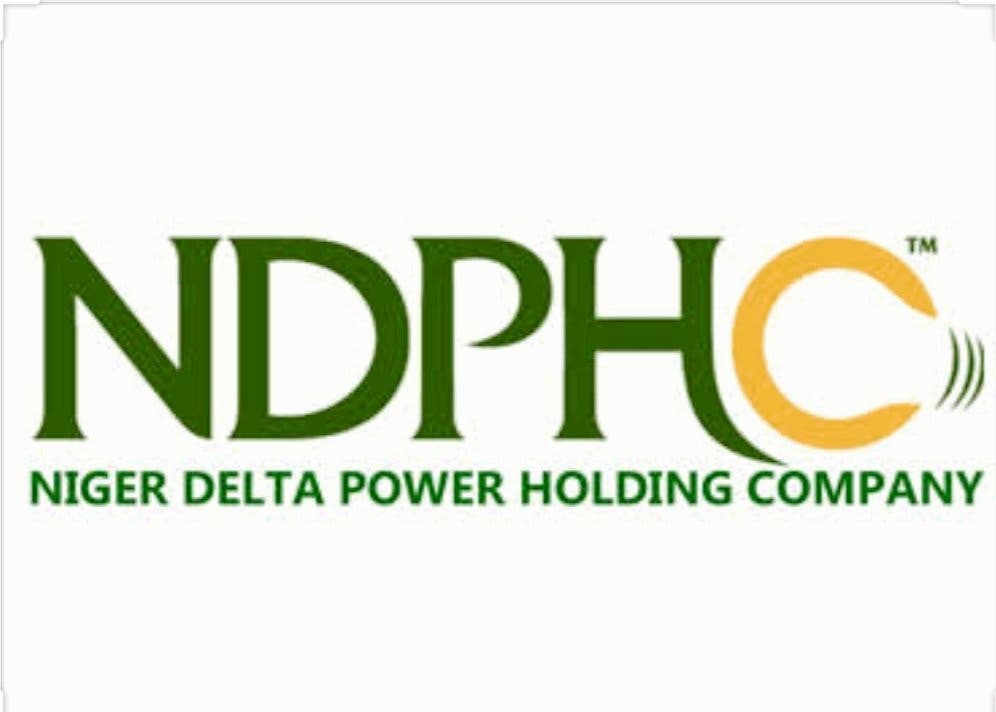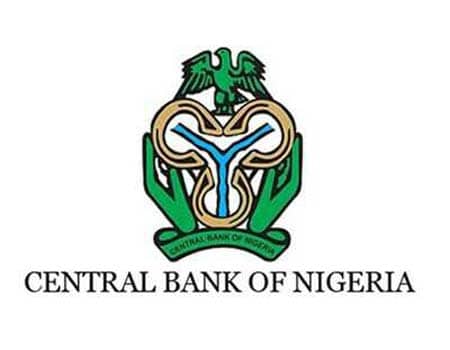
Sanwo-Olu Promises To Boost Lagos Tourism Potentials
Lagos State Governor Babajide Sanwo-Olu ,says his administration will promote ease of doing business and attract more tourists to the state. The governor,who at the public presentation of the Lagos Tourism Masterplan













